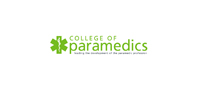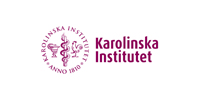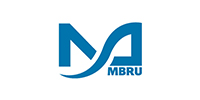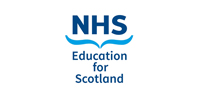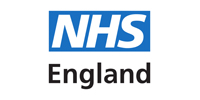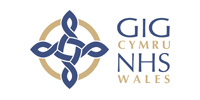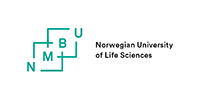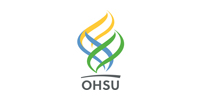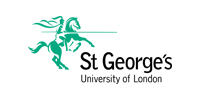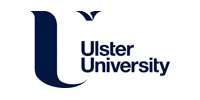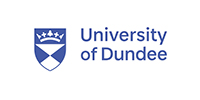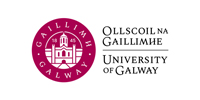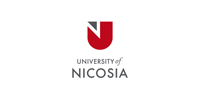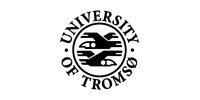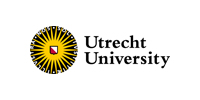A few words on this paper…
‘Back to the Future’ refers to the 1985 American science fiction film directed by Robert Zemeckis, featuring Micheal J. Fox as teenager Marty McFly. Marty, a 17-year-old high school student, is accidentally sent thirty years into the past in a time-traveling DeLorean invented by his close friend, the maverick scientist, Doc Brown.
We looked back 44 years, to when Professor R.M. Harden invented the paper-based OSCE in 1974. The future would have to be about the actual results. Facing 30% errors in our paper assessment results, we had a problem to solve. With incomplete forms and failures in adding up the results, we decided to automate the OSCE procedure. Planning, form submission and data analysis is all done electronically and this paper provides insights in the automated features.
Automation allowed us to instantly look into the quality assurance of our assessments. Apart from a few descriptive statistics, the internal inconsistency of assessment forms is analysed using Cronbach’s Alpha. Difficulty of stations is incorporated thanks to the integrated and exportable Borderline Regression Analysis (BRA). Student’s raw scores, their adjusted scores (using fully fledged BRA) and the amount of stations that were failed are instantly available. The quality assurance of last years OSCE can easily be compared with the data of this year or next years OSCE. Marty McFly (reborn as a medical student) and most certainly his assessors, can now easily surf through their electronic data on a virtual skateboard.
Authors
Thomas JB Kropmans, Liam Griffin, David Cunningham, Domhnall Walsh, Winny Setyonugroho, Catherine Anne Field, Eva Flynn and Kieran M Kennedy.
Abstract
The Objective Structured Clinical Examination (OSCE) and Multi Mini Interviews (MMI) are established tools in the repertoire of clinical assessment methods in Schools of Medicine and Health Sciences worldwide. The use of OSCEs facilitates the assessment of psychomotor skills as well as knowledge and attitudes. Identified benefits of OSCE assessment include development of students’ confidence in their clinical skills and preparation for clinical practice. However, a number of challenges exist with the traditional paper methodology, including documentation errors and inadequate student feedback, electronic assessment is therefore new future. Objectives: To explore electronic OSCE delivery and evaluate the benefits of using an electronic OSCE management system. Design: A pilot study was conducted using electronic software in the management of a five station OSCE assessment with a cohort of first year undergraduate medical students delivered over two consecutive years (n=383) in one higher education institution in Ireland.
Click below for article full text…
Click here to provide feedback on the paper.



